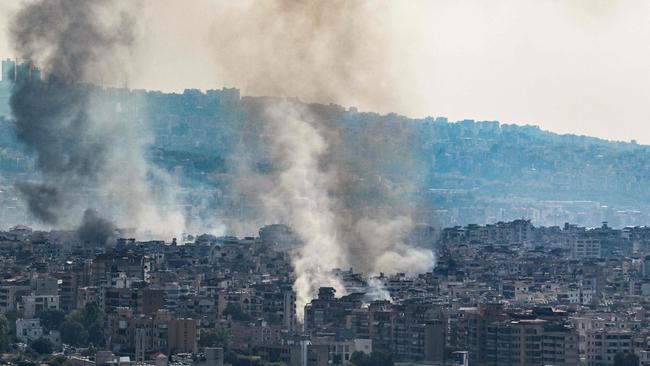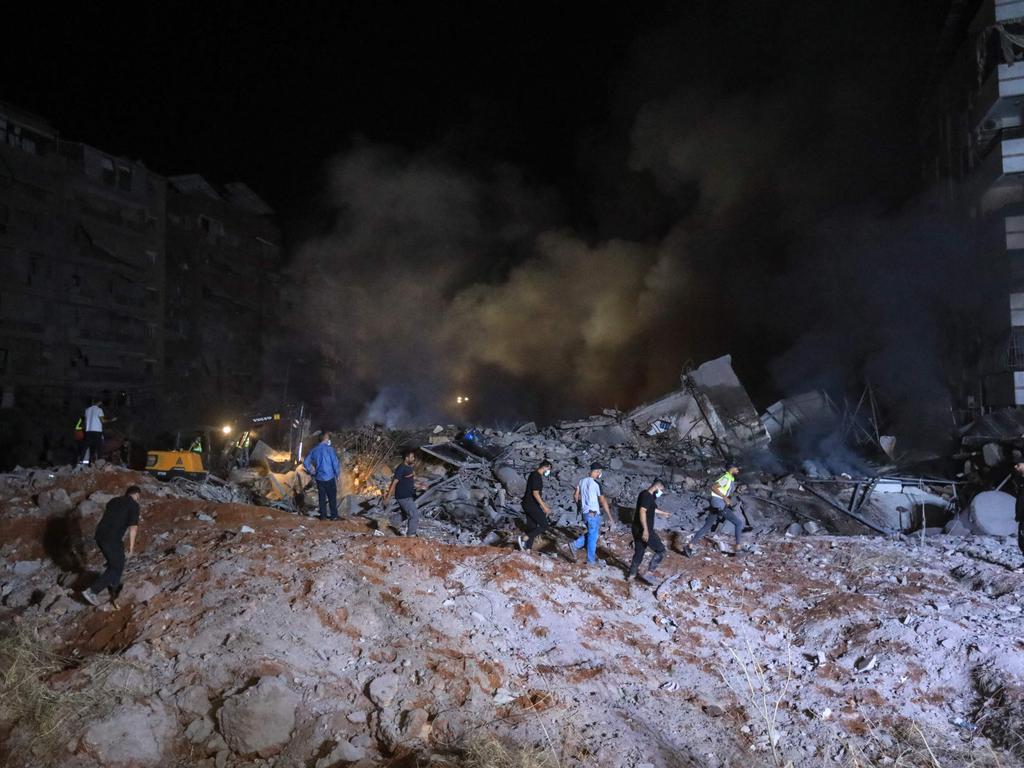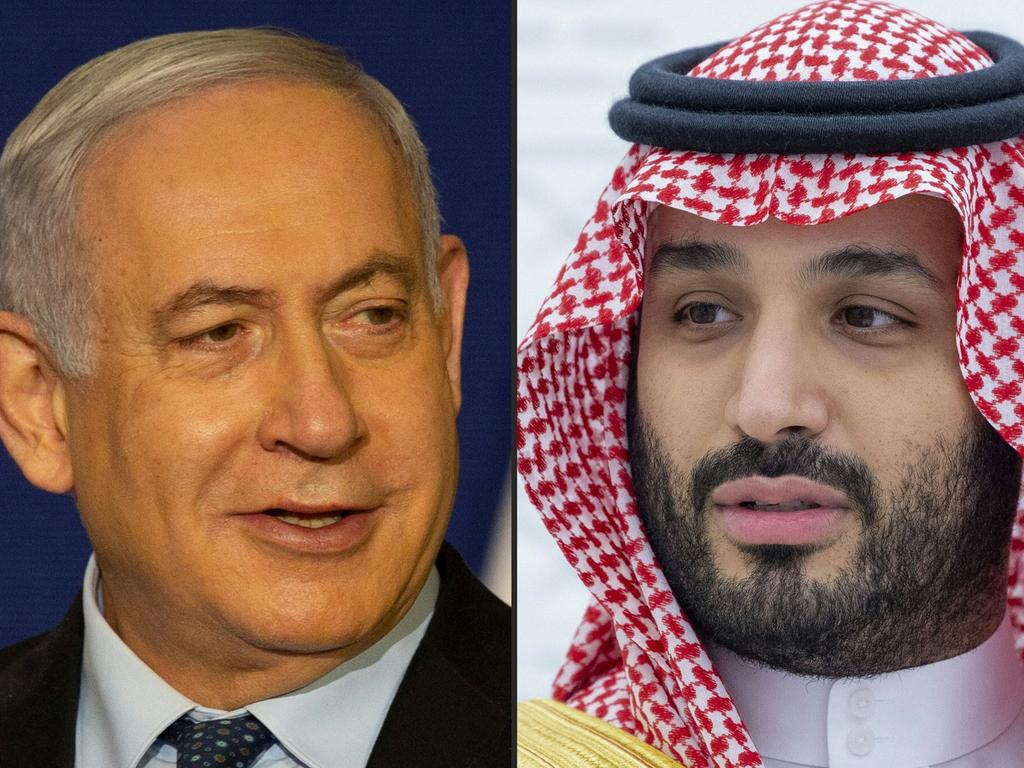New-look power balance emerging in the Middle East after Hezbollah chief’s assassination


His death is a game-changing moment for the region and a stunning victory for Israel. But it ushers in one of the most dangerous periods for the Middle East since the October 7 massacre of Israelis almost a year ago.
Nasrallah’s death is a grievous blow for Hezbollah and it resets the balance in Israel’s proxy war with Iran.
What unfolds in the days ahead, as Secretary of State Antony Blinken warns, will have ‘profound consequences’ for the region.
The critical question is whether either Hezbollah or its master, Iran, has the stomach to retaliate in any major way against Israel’s devastating series of attacks on Hezbollah in the past two weeks.

Israel has chopped the head off Hezbollah through a stunning series of targeted strikes, killing not just Nasrallah but also almost all of his senior commanders as well as maiming some 1500 of its fighters.
The remaining commanders in the terror group would be thinking twice about launching major retaliatory strikes against Israel given that Israeli intelligence has so thoroughly infiltrated Hezbollah’s command and control network.
But Hezbollah, despite the blows it has sustained, still has a frightening number of missiles it could theoretically fire at Israel.
The bigger question is whether Hezbollah’s master Iran will now try to retaliate against Israel given the humiliation that Israel has dealt to its Lebanon-based terror proxy.
If recent history is any guide, don’t expect a robust military response from either Hezbollah or Iran.
Both have tried to walk a careful path of antagonising and provoking Israel without triggering a full scale conflict.
Nasrallah got this calculation terribly wrong by continuing to attack Israel on an almost daily basis in solidarity with Hamas in Gaza. But Nasrallah fatally underestimated Israel’s resolve - now that it has effectively defeated Hamas in Gaza - to stop the year-long Hezbollah attacks which have forced some 60,000 Israelis from their homes in northern Israel.

Nasrallah’s miscalculation and his resulting death has dealt a historic blow to the terror group he helped to found and had led for 32 years.
Although terror commanders are always replaced, Nasrallah was revered by his followers and enjoyed an almost mythical status with them. He controlled Hezbollah with an iron fist and his loss is a massive blow.
If Hezbollah were to continue its attacks on Israel it would be subjected to more major bombardments which would potentially risk the future viability of the group.
Iran now faces a difficult choice. If it strikes at Israel, it can expect a fearsome response, most likely targeted at its cherished nuclear facilities. Iran’s religious leaders may also have second thoughts about their own safety in such a fight, given Nasrallah’s fate.
Israel will be hoping that Nasrallah’s death will change the calculus of Hezbollah, and persuade it to stop firing missiles into northern Israel. If it doesn’t, then Israel is likely to proceed with a limited ground invasion of southern Lebanon to clear Hezbollah out of there. That would be a painful conflict for both Israel and Lebanon and Israel is hoping Nasrallah’s death makes this unnecessary.
We are about to see how a wounded Hezbollah and Iran respond to the blows and the humiliation which Israel has dealt them. Their response will tell us much about the changing power balance in the Middle East.





A new-look power balance in the Middle East is emerging in the wake of Israel’s brazen assassination of Hezbollah chief Hassan Nasrallah.